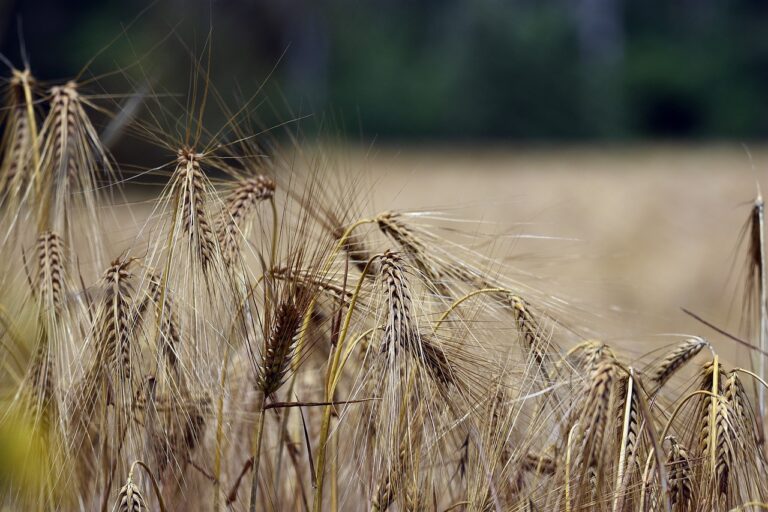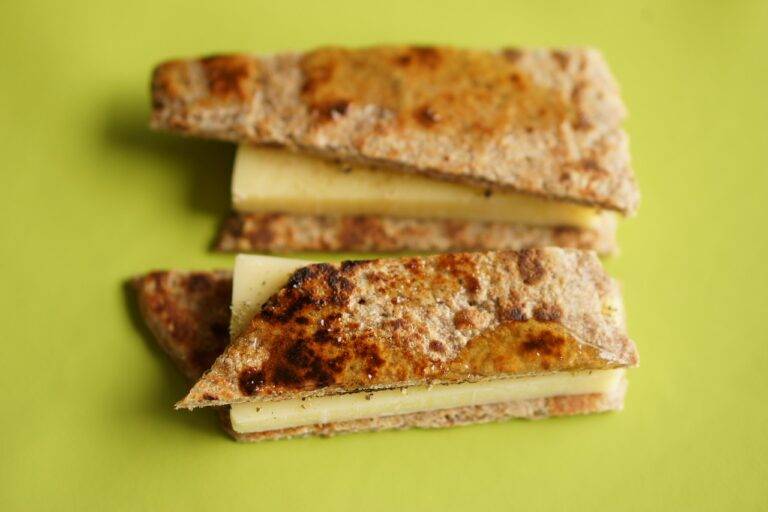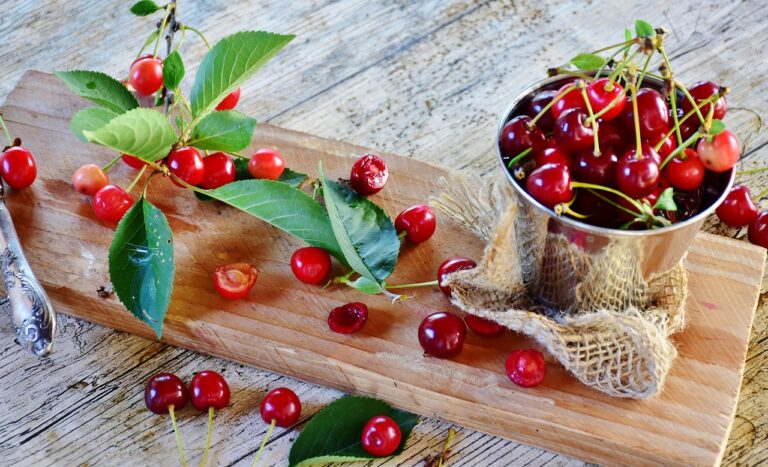Exploring the Relationship Between Snacks and Childhood Development: 11xplaylogin, King567 sign up, Skyinplay
11xplaylogin, king567 sign up, skyinplay: As parents, we are constantly trying to provide the best for our children, whether it’s through education, extracurricular activities, or the food we give them. When it comes to snacks, many of us may not realize the impact they can have on childhood development. In this article, we will explore the relationship between snacks and childhood development, highlighting the importance of choosing healthy and nutritious options for our little ones.
The Power of Snacks in Childhood Development
Snacks play a crucial role in childhood development, as they can provide essential nutrients that support growth and cognitive function. Children have smaller stomachs than adults, which means they may need to eat more frequently throughout the day to meet their energy needs. Snacks can help bridge the gap between meals and ensure that children are getting the nutrients they need to thrive.
Healthy Snacks for Growing Minds and Bodies
When it comes to choosing snacks for your child, it’s important to opt for options that are nutrient-dense and low in added sugars and unhealthy fats. Some healthy snack ideas include fresh fruits and vegetables, whole grain crackers, yogurt, nuts, and seeds. These snacks are rich in vitamins, minerals, and fiber, which are essential for supporting growth and development.
Snacks to Avoid
While it’s important to focus on providing healthy snacks for your child, it’s equally important to be mindful of the snacks to avoid. Processed snacks such as chips, cookies, and sugary drinks are often high in empty calories and can lead to weight gain and other health issues. These snacks provide little nutritional value and can leave children feeling sluggish and irritable.
The Impact of Snacks on Behavior and Learning
Research has shown that there is a strong link between diet and behavior in children. Consuming unhealthy snacks high in sugar and artificial ingredients can lead to hyperactivity, difficulty concentrating, and mood swings. On the other hand, eating nutrient-dense snacks can support cognitive function, memory, and overall behavior.
FAQs
Q: How often should I give snacks to my child?
A: It’s recommended to offer snacks to your child between meals to keep their energy levels stable. Aim for 1-2 healthy snacks per day, depending on your child’s activity level and appetite.
Q: Can snacks replace meals for my child?
A: Snacks should supplement meals, not replace them. While snacks can provide important nutrients, they should not be used as a substitute for balanced meals.
Q: What are some easy and healthy snack ideas for children?
A: Some quick and healthy snack ideas include fruit slices with nut butter, veggie sticks with hummus, yogurt with granola, and cheese and whole grain crackers.
In conclusion, the snacks we provide to our children can have a significant impact on their growth, development, and overall well-being. By choosing nutrient-dense snacks and avoiding processed and sugary options, we can support our children in reaching their full potential. Remember, healthy snacks equal healthy kids!







